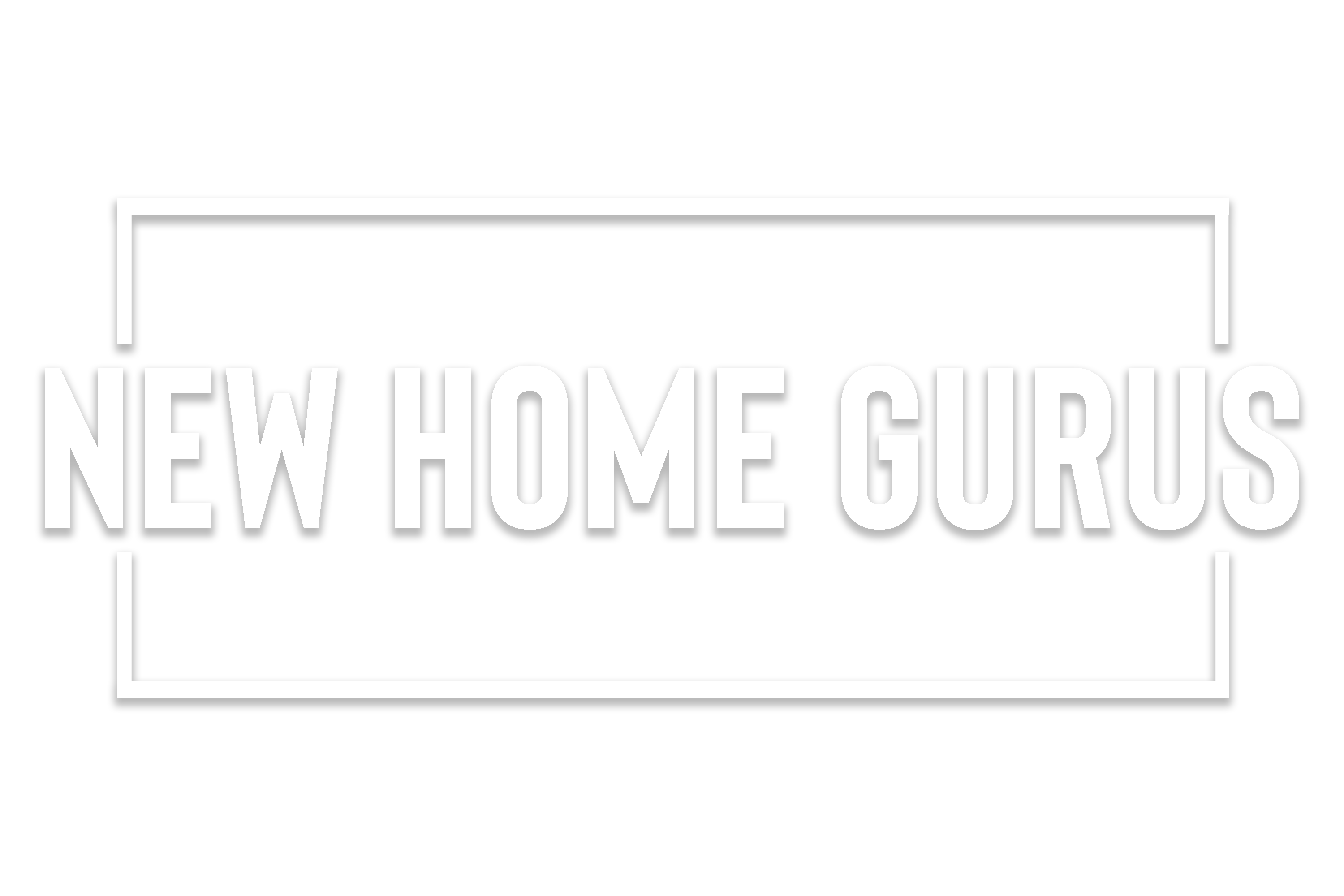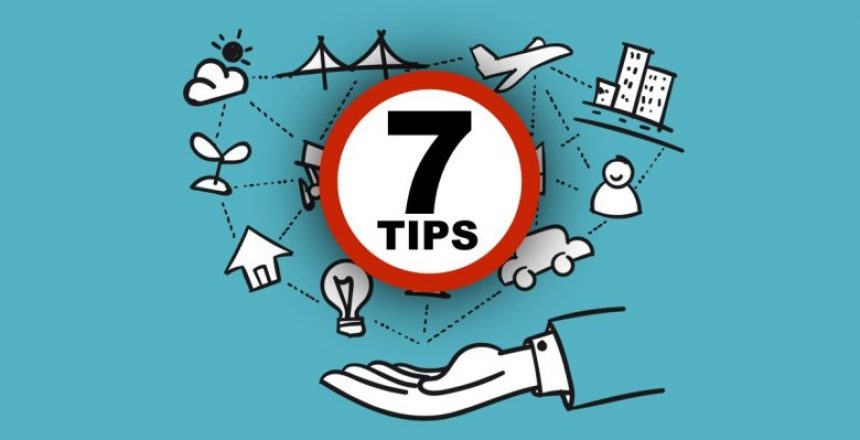Low Credit Scores Do NOT Have to End Your Dream of Buying a Home
When you’re ready to buy a home, any number of things can stand in your way, including a low credit score. Although borrowing with bad credit can be difficult, it’s not impossible if your credit score is within a certain range—and if you know what to do before trying to make an offer.
How to Buy a Home with Bad Credit: 7 Tips from Experienced Realtors®
Here’s what you can do to get a mortgage, despite having less-than-great credit. With these tips, you can transform yourself into a prepared buyer, empowering you to purchase your next home.
1. Fix any errors in your credit report.
Request a copy of your credit report from each of the three credit bureaus—Equifax, TransUnion, and Experian. You can get a free copy of your credit report from each once a year.
Once you receive your credit report, check it out carefully, looking for mistakes. Make sure any mistakes, including misspellings of your name, address errors, or unfamiliar charges, are corrected. You don’t want errors dragging your score down needlessly.
Also, check out the details of your loans, any default payments, and more so that you’re ready to explain them in the future when it’s time to apply for a mortgage loan.
2. Be prepared for higher interest rates.
Generally, lower credit scores are met with higher interest rates when it’s time to borrow. Lenders raise interest rates as extra insurance in case credit-challenged borrowers default on future payments.
So, don’t expect to get the best interest rates on a mortgage loan if you don’t have good credit. Also, if you do get a mortgage with a higher interest rate, expect to have higher mortgage payments after you buy a home. That means you need to be prepared to pay more every month to keep up with your mortgage.
3. Set a realistic budget.
Fair to poor credit may not prevent you from getting a mortgage and buying a home if you set a reasonable budget.
As you consider your budget and monthly mortgage payments, don’t forget to factor in moving costs, homeowners’ association fees (when applicable), and other expenses.
4. Focus on rebuilding your credit.
Credit doesn’t bounce up instantly. It takes time and a history of demonstrating that you are a responsible borrower. So, do everything you can to show that on paper before you apply for a mortgage. That includes (and is not limited to):
- Paying your bills on time
- Paying down your debt as aggressively as possible
- Avoiding taking out new loans or lines of credit (unless absolutely necessary)
If the blemishes on your credit report aren’t recent (i.e., you’ve recently shown you can be a responsible borrower), you can present yourself as a more attractive borrower even if you don’t have great credit.
5. Find a lender that works with borrowers who have low credit scores.
Ideally, you should start looking for a lender before you begin shopping for homes. Several lenders are open to working with borrowers who have less-than-great credit, so do some research.
As you look into options, keep in mind that:
- 500 is generally the floor when it comes to credit scores lenders are willing to work with.
- Credit scores are not the only factor lenders consider when evaluating prospective borrowers.
- Your current income and debt are also important factors lenders will look at.
6. Save for a hefty down payment.
Higher down payments can show lenders you’re serious about buying a home. It can also mitigate their risk and entice them to work with you.
While down payments usually range from about 3% to 10% (depending on the lender and the loan), credit-challenged borrowers should be prepared to offer higher down payments, especially if they’re running into challenges getting approved for a mortgage loan.
7. Don’t forget about all the fees.
Down payments are just one of several costs associated with buying a home. Other fees that come up in the process include:
- Application fees
- Inspection fees
- Appraisal costs
- Escrow fees
- Insurance premiums
- Attorney fees
- Property taxes
- And more
Depending on the agreement you have with the seller, you may be responsible for covering some or all of these fees. So, be prepared to pay for at least some of the costs of the homebuying process.
8. Work with an experienced Realtor®.
The experienced Realtors® at New Home Gurus can help you navigate the homebuying process once you’ve found your dream home. From arranging viewings and drafting offers to reviewing contracts and walking you through closing, we can support and advise you while helping you get your dream home.
Plus, after closing, we’ll split our commission with you. In fact, homebuyers who work with us can expect to get back an average of $4,500 to $12,000.
How Much Cash Can You Get after Closing on Your New Home?
Call (281) 668-8124 to Find Out Now
Our new home gurus are standing by, ready to answer your questions and explain the details of our commission-sharing program.

